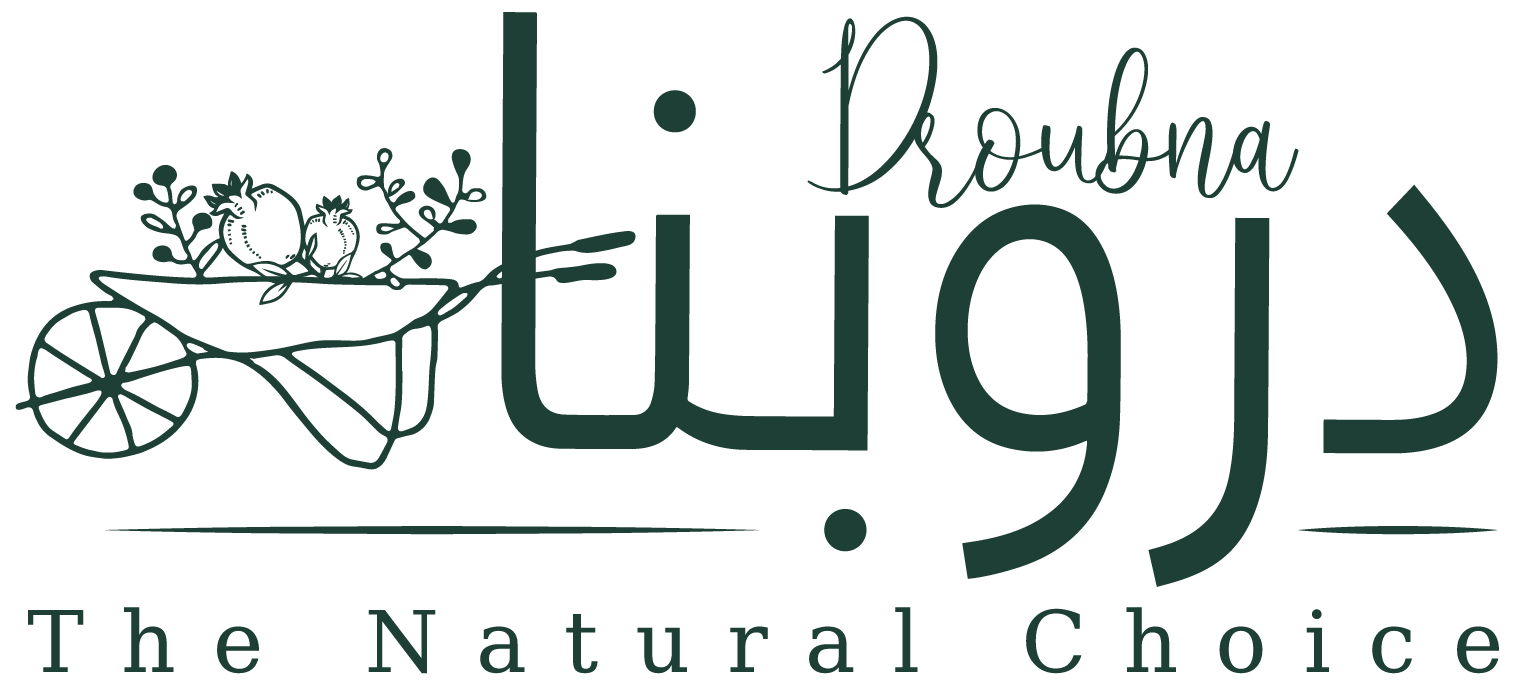
Droubna's Olives: A Balanced Bitter, Sour and Salty Taste
Indulge in the time-honored tradition of olives with Droubna's Baladi green olives. Harvested at the unripe stage in the picturesque village of Choukine, South Lebanon, our olives are a symphony of flavor, embodying the essence of Lebanese culinary heritage. Hand-picked and carefully cured with minimal processing, these olives offer a natural, balanced taste and a firm texture.
Immerse yourself in the story of olives, one of the oldest trees ever harvested by humans. Learn about the health benefits, the art of olive processing, and the unique characteristics that distinguish olives picked at different stages of ripeness. At Droubna, we take pride in preserving tradition while delivering olives that are not only delicious but also packed with antioxidants.
Explore our blog for more insights into the world of olives, culinary tips, and delightful recipes. Elevate your meals with the distinctive flavors of Droubna Baladi Green Olives — a true celebration of Lebanese authenticity.
Olive trees (Olea europaea) belonging to the Oleacea family which grows in the Mediterranean, tropical and central Asia are some of the oldest trees ever harvested by humans, a practice that dates back more than 8,000 years. Today, olive trees are grown both for their oil and their fruit “olives”. Olives are small, round fruits that belong to a group of fruits called drupes or stone fruits. Compared with other stone fruits like peaches, cherries, and almonds, olives have a strikingly low sugar content and a very high oil content (12-30%), both of which vary depending on the time of harvest and the variety.
Despite their high sodium content olives are rich in bioactive and health-promoting compounds, low in cholesterol, and packed with vitamins and other antioxidants which may help reduce the risk of health conditions like cancer, diabetes, stroke, heart disease, and osteoporosis. Olives are also rich in vitamin E, which can improve skin health and help your immune system. The EFSA panel considered that polyphenols in the olive standardized by their content of hydroxytyrosol and its derivatives could protect low-density lipoprotein (LDL) particles from oxidative damage with beneficial physiological effects.
Hydroxytyrosol is the major olive polyphenol consumed and well absorbed in humans. It is considered to have the highest antioxidant potency compared to the other olive polyphenols.
Olives have been a part of the human diet for thousands of years, long before the canning industry and grocery stores. Raw olives are inedible due to their high concentration of oleuropein compound. The different processing methods are aimed at removing this compound to obtain fruits with more palatable attributes.
About 90% of harvested olives are pressed into olive oil, one of the key components of the incredibly healthy Mediterranean diet, and the remaining 10% are preserved and consumed as table olives.
Table olives are uniquely flavorful with a sharp, salty taste. Table olive production was initially restricted to the producing regions, mainly around the Mediterranean Sea. Today, however, olive preparation has extended throughout the world.
Besides their economic impact and in addition to being a delicious addition to your meals, fermented table olives represent an important healthy food in the world and their demand is constantly increasing.
The color of an olive is a direct indicator of its ripeness: olives picked near the beginning of the growing season are green. Olives picked in the middle will carry a brown to reddish hue and olives picked at full maturity have a deep purple to black hue.
Droubna “Baladi” green olives were born in Choukine (South of Lebanon) at an average altitude of 550m. Our green olives are harvested at the “unripe” stage around late September and October. These olives are firm in texture, crunchy, tasty, and full of flavors.
Our leafy-green color baladi olives are hand-picked and carefully selected. This traditional method reduces the likelihood of bruising or damaging the fruit during harvesting. The olives are then cured the same day they are harvested and packed by hand on-site to provide superior-quality fermented olives.
At Droubna, olives are prepared with minimal processing which gives them a natural, balanced taste and a good firm texture. They are cured with just salt, lemon, and water. The nice punch of acidity complements and balances the bitterness and tends to bring out muted flavors to the surface.
Olives are a great way to add flavor and texture to your dishes. You can use them in salads, sandwiches, tapenades, pizzas, pasta dishes, or even just by themselves.

